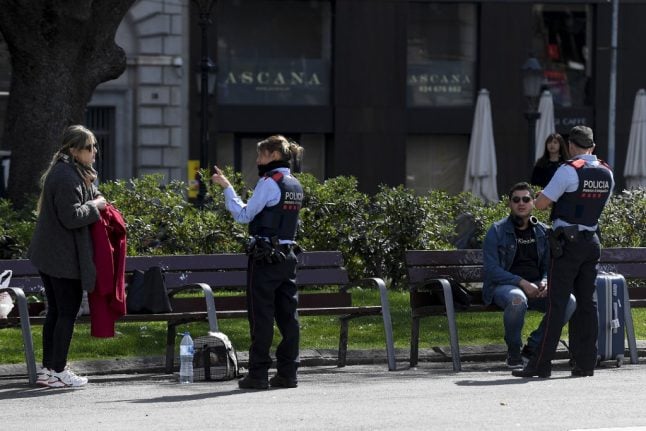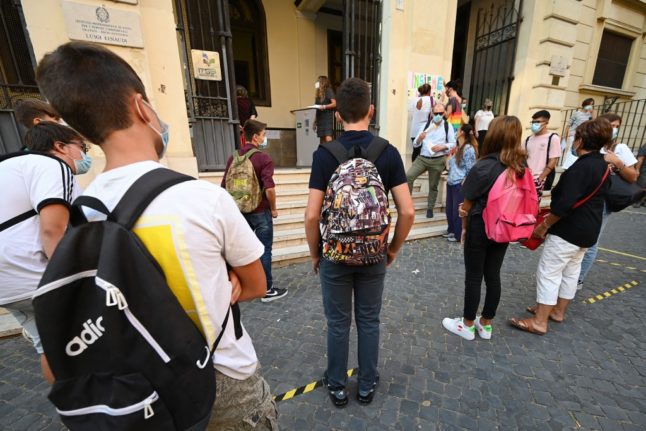Research by Imperial College London, whose scientists are advising the British government on the virus, found that restrictions such as stay-at-home orders had worked to bring the epidemic under control.
Using European Centre of Disease Control data on deaths in 11 nations in the period up to May 4, they compared the number of observed deaths in the countries against those predicted by their model if no restrictions had been
imposed.
They estimated that approximately 3.1 million deaths had been averted by the policies.
The 11 nations were: Germany, France, Italy, Britain, Spain, Belgium, Austria, Denmark, Norway, Switzerland and Sweden, which did not impose a strict lockdown as seen in other countries.
Researchers also calculated that the interventions had caused the reproduction number — how many people someone with the virus infects — to drop by an average of 82 percent, to below 1.0.
“Our results show that major non-pharmaceutical interventions, and lockdown in particular, have had a large effect on reducing transmission,” the authors said in the study, published in Nature Research.
“Continued intervention should be considered to keep transmission of SARS-CoV-2 under control.”
The researchers estimated that cumulatively between 12 and 15 million people had been infected in the period — or between 3.2 and four percent of the population of the 11 nations.
This fluctuated significantly between countries, with only 710,000 people in Germany thought to have caught the virus, or 0.85 percent of the population.
That compares with Belgium, with the highest infection rate of the countries at eight percent, and Spain, where some 5.5 percent of the population, or 2.6 million people, were estimated to have been infected.



 Please whitelist us to continue reading.
Please whitelist us to continue reading.
Member comments